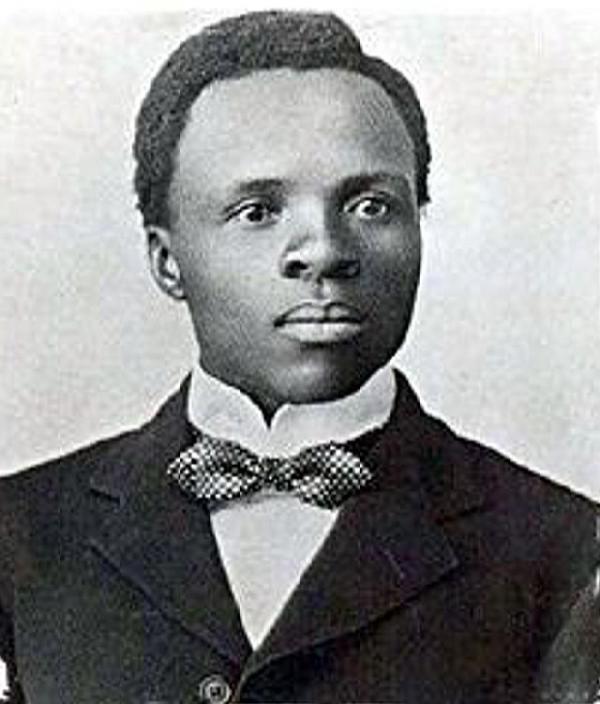English, not Afrikaans, is the problem for today’s youth

As a young African and as a member of youth organisation Inkululeko in Mind, I hold 16 June as a day of honour for our heroes who gave their lives so that our generation would have better education. We have to defend and advance their legacy and pass it to generations to come.
In this spirit we will commemorate and respect this public holiday.
June 16 1976 was not just an event in history. It is a life lesson for us and no political party should claim ownership of it. The Soweto uprising changed the political landscape for all those who had been silenced by the apartheid regime. I believe the uprising was a demonstration of what was happening among Africans and “non-white” people not just in Soweto but across the country. The youth of 1976 were not passive but rose up to uphold the grievances faced by the nation under apartheid – they knew what they wanted and went for it.
Present day South African youth must learn from 1976 youth, and other heroes who came before them, that education must speak to our context. We must identify our goal and share it with others so that we can unite our ideas and take action. Our challenges have something in common with those of 1976 youth. They challenged the imposition of Afrikaans as medium of instruction; our challenge is not Afrikaans but English.
As it is, we do not speak our native languages when we meet in corridors and churches and bars, and we neglect and ignore our languages in our classrooms, in our writing, in our reading, and often in our work. We need to change this. We must even talk about the economy in our own languages.
The action we need to take is different from 1976. We are not going to throw stones. Instead, we need to take action by writing and reading our languages. Our friends from outside and citizens who are not natives must learn that we are rich in languages in South Africa and it is time to end the dominance of English. We must say no to those who want us to speak English even when we pray – some even expect us to speak it through the nose! This must end.
This demands sacrifice, just as 1976 demanded sacrifice. Firstly, we must advocate for using our beautiful expressive native languages and practise what we advocate – and we must accept and be ready to learn other native languages. Secondly, we must reclaim our history and write our own history in our own native languages. At the moment our history isn’t original; it is translated. So lots of information is left out and much of it is confusing and that is one reason young people say history is boring and remain ignorant of our heritage.
Let me briefly explain what our small organisation Inkululeko in Mind is trying to do in Khayelitsha. We offer an open platform for young people to engage in issues that affect themselves. As an organisation we run different programs for young people every Sunday to make a culture of learning enjoyable. We have current affairs discussions, documentary screenings, reading and poetry sessions, and seminars where people outside of the organisation share their work and their wisdom to the young people in Khayelitsha. We also have an outreach programme where we visit historic sites around Cape Town (such as Table Mountain, the Slave Lodge and the Castle of Good Hope) in order to claim or reclaim this city as our own.
This is our goal and our struggle, in the true spirit of June 16. “None but ourselves can free our minds”.
Next: Youth Day: Struggle for equal education continues
Previous: Weekly newsletter 09 - 13 June 2014: Unanswered questions about Strand evictions and other stories

This article is licensed under a Creative Commons Attribution-NoDerivatives 4.0 International License.


